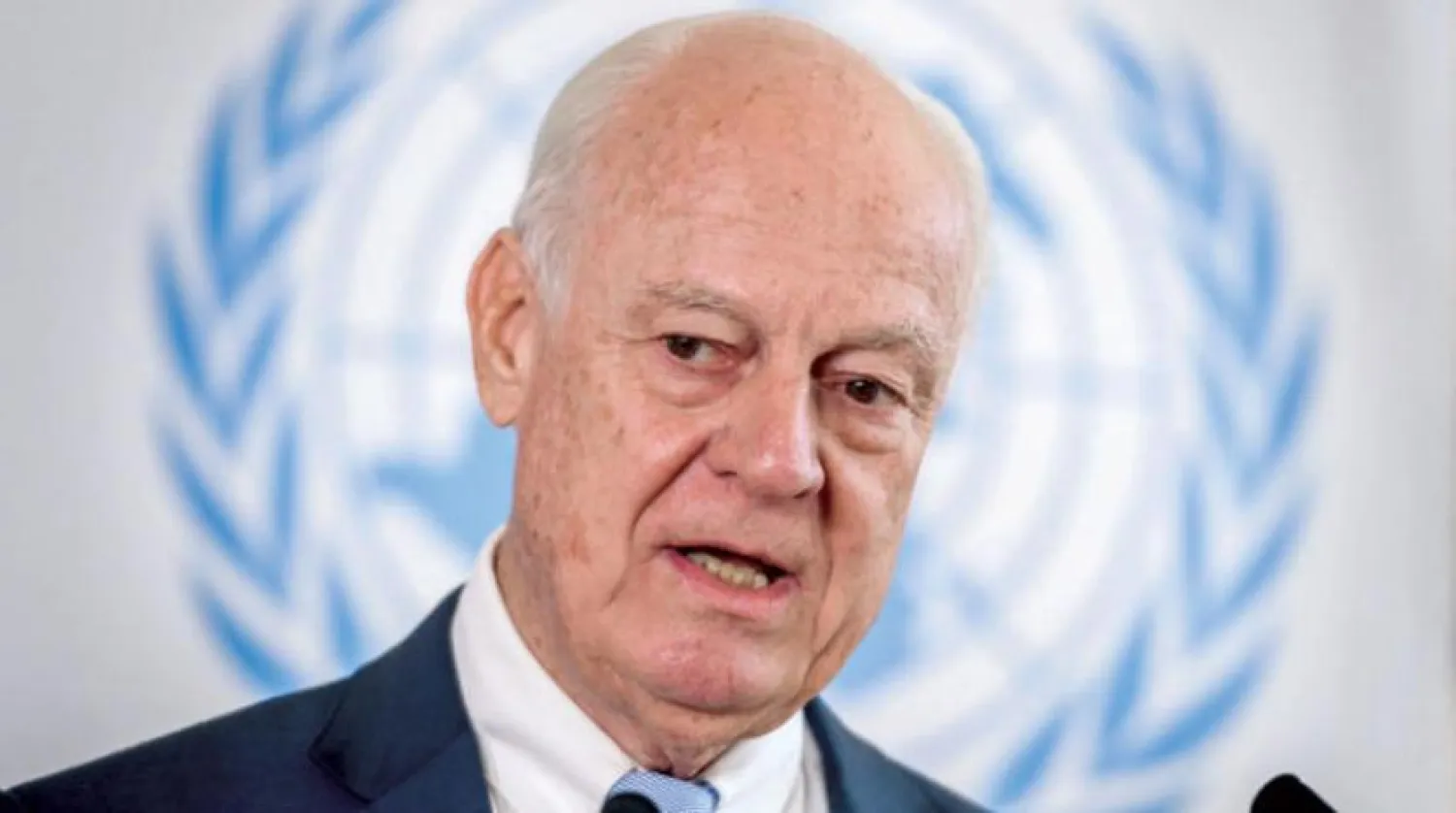UN special envoy for the Western Sahara Staffan de Mistura arrived in Algiers on Monday and held talks with Algerian Foreign Minister Ramtane Lamamra.
The two officials discussed the latest developments on the Western Sahara issue and prospects of bolstering UN efforts to resume direct negotiations between the two parties to the conflict, Morocco and the separatist Polisario Front.
A foreign ministry statement said the negotiations aim to reach a just, lasting and mutually acceptable political solution.
Morocco has recently renewed adherence to the political process, of which Algeria is a major party, in accordance with Resolution 2602, which calls for a just, realistic and lasting mutually acceptable political solution to the Sahara issue.
This came during the meeting between Moroccan FM Nasser Bourita and De Mistura in Rabat on July 5.
Bourita recalled the constants of Rabat's position, as confirmed by King Mohammed VI in his speech on the occasion of the 46th anniversary of the Green March on November 6, 2021. Rabat aims to reach a political solution based exclusively on the Moroccan initiative for autonomy in line with the kingdom’s national sovereignty and territorial integrity.
De Mistura visited Polisario Front refugee camp in Tindouf and held a closed session with Head of the Polisario Front Brahim Ghali, as part of his second tour in the region.
He earlier met with Sidi Mohamed Omar, representative of the Polisario at the United Nations, and Head of the Sahrawi negotiating delegation, Khatri Addouh.
Sidi Mohamed affirmed that the Polisario Front is committed to peace and to defending by all legitimate means the right of the Sahrawi people to self-determination and independence.
After his appointment in November 2021, De Mistura kicked off his first tour in the region in January, when he visited Rabat, Mauritania, Algeria, and the Polisario Front refugee camp in Tindouf.
He visited Rabat in early July and met with Moroccan officials, but he didn’t visit the Western Sahara region, hoping to be able to do so sometime later.
Morocco and Algeria have long been at odds over the disputed territory of Western Sahara, where the Algiers-backed Polisario Front is seeking independence from Rabat's rule.
The disputed status of Western Sahara -- a former Spanish colony considered a “non-autonomous territory” by the United Nations -- has pitted Morocco against the Polisario Front since the 1970s.
Rabat, which controls nearly 80 percent of the territory, is pushing for autonomy under its sovereignty.
The Polisario Front, however, wants a UN-sponsored referendum on self-determination.









